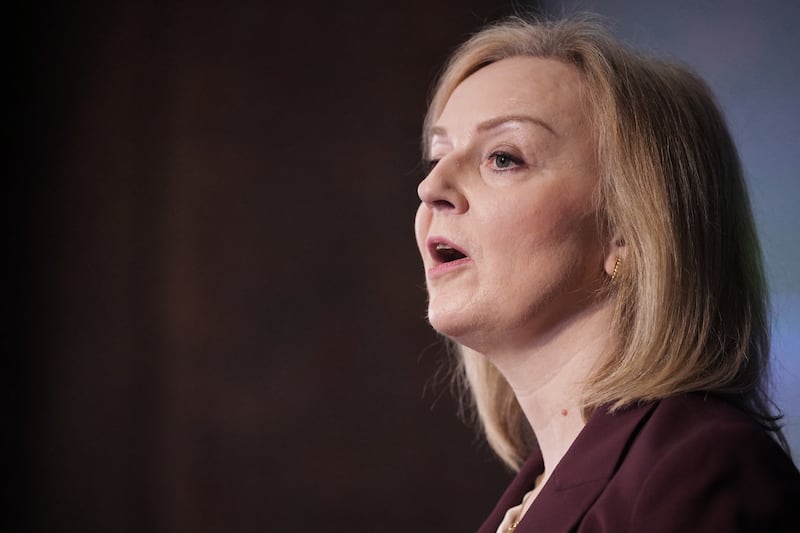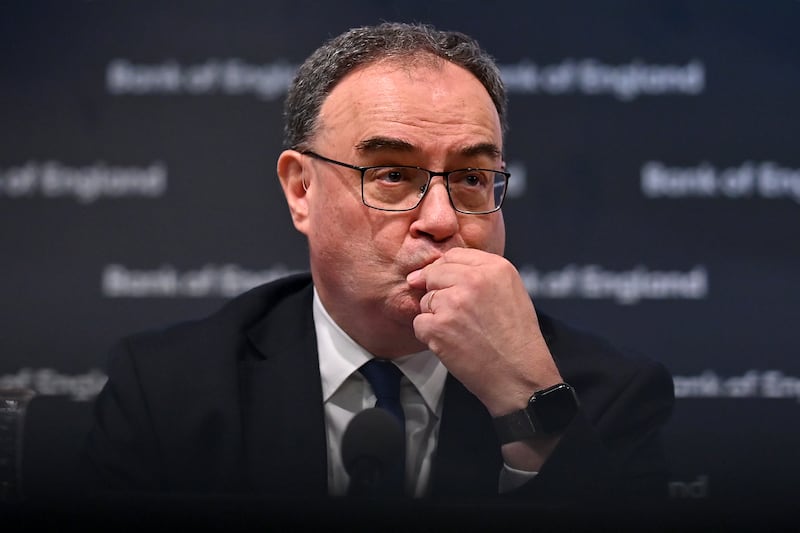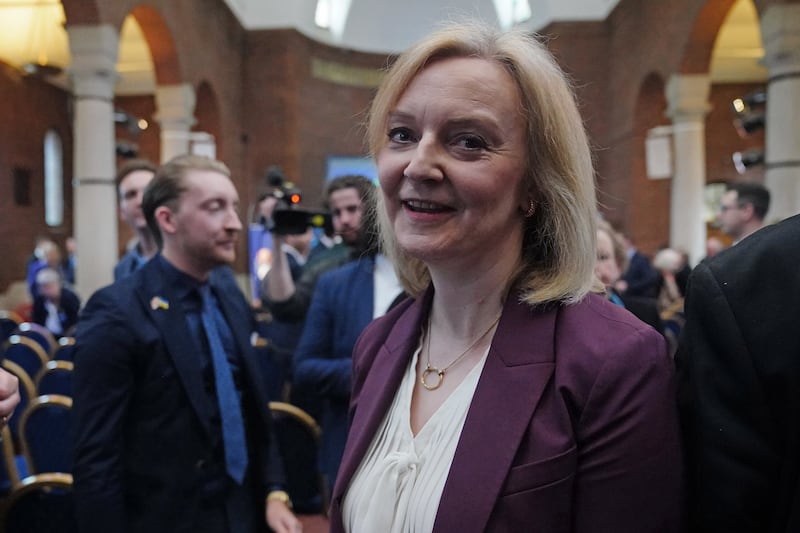UK inflation fell by more than expected last month, taking it down to its lowest level for two years and allowing Prime Minister Rishi Sunak to claim victory on his pledge to halve inflation.
The Office for National Statistics (ONS) said Consumer Prices Index (CPI) inflation stood at 4.6% in October, down from 6.7% in September.
The Government was quick to claim it has met its inflation target early, but experts warned that the battle is not over yet.

Here the PA news agency looks at what is behind October’s drop in inflation and what it means for households and homeowners.
– What is inflation?
Inflation is the term used to describe rising prices. The inflation rate refers to how quickly prices are going up.
If the price of something rises from £10 to £11 over a year, then that would represent annual inflation of 10%.
Falling inflation does not mean prices are dropping, just that the pace of increases is slowing.
– Why is the Prime Minister claiming victory on his inflation pledge?
Mr Sunak said in January that he would make it one of his five key pledges to halve inflation by the end of the year, based on the rate of 10.7%, as Britons were struggling amid crippling cost-of-living pressures.
This meant getting CPI inflation down to below 5.4% by the end of December, although the Government had been reluctant to spell out exactly what the target rate was.
Despite there being two more months of CPI data to go before the end of the year, Mr Sunak said he has “delivered” on this promise early after the latest figures were released.
– Is the Government right to take all the glory?
Experts have quickly pointed out that, far from being driven by government policies, the main driving factor behind the steep fall in inflation is lower energy prices.
It was widely expected that inflation would fall sharply this autumn, given that last October households were hit with a surge in the energy price cap to £2,500, whereas this October the price cap stood at £1,834 after steep falls in gas prices.
This, together with falling food price inflation, helped drive the rate of inflation down, with the Bank of England’s near two-year interest rate rise campaign also meaning firms are not pushing through the hefty price increases we saw a year ago.
– Is the battle with inflation over?
Inflation is expected to continue easing back from here, albeit at a more gradual pace than seen in October, with experts at Pantheon forecasting a fall to 3.5% by next March.
But inflation is still a long way from the Bank of England’s government-mandated 2% target.
Bank Governor Andrew Bailey warned last week there is “no room for complacency” as it predicted inflation will not fall back to target until towards the end of 2025.
And the path may also not be smooth, with rising costs at the petrol pumps threatening to push up inflation and the energy market still vulnerable to price shocks.
– What does falling inflation mean for interest rates?
Economists believe the faster-than-forecast falls in inflation reinforce expectations that interest rates have peaked at 5.25% and are likely to start coming down in 2024.
The Bank has now held rates at 5.25% for its last two decisions.
While Mr Bailey has stressed that it is “much too early” to think about cutting rates, many economists believe the Bank will move to reduce borrowing costs before next summer as a stagnating economy brings inflation down further.
That would come as a relief to homeowners and businesses, although this winter is still set to be uncomfortable for many coming off fixed rate mortgage deals and with the absence of last year’s energy support payments while bills remain painfully high.








